Publications
Articles, publications, books, tools and multimedia features from the U.S. Institute of Peace provide the latest news, analysis, research findings, practitioner guides and reports, all related to the conflict zones and issues that are at the center of the Institute’s work to prevent and reduce violent conflict.
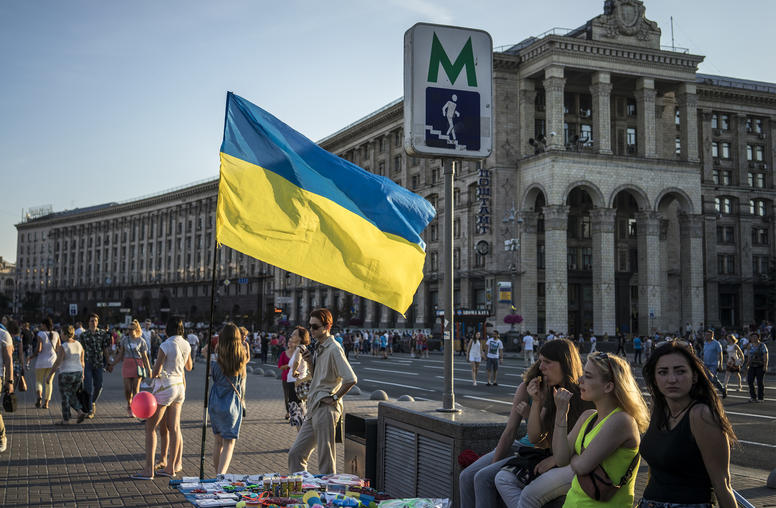
Ukraine’s Elections Could Turn Violent—This is How to Prevent It
Ukraine is facing a busy election season in 2019, with presidential elections on March 31 and parliamentary elections scheduled for October, amid a challenging security context. Many Ukrainians expect turbulent and “dirty” elections with increased tension during the campaign periods, and between Election Day and the likely presidential run-off.
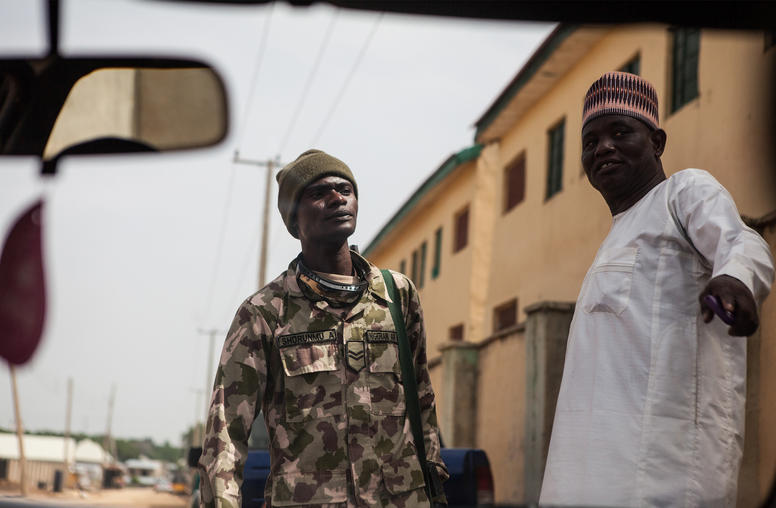
Civilian-Led Governance and Security in Nigeria After Boko Haram
Focusing on northeast Nigeria and the Lake Chad Basin, this Special Report outlines the rise of the Boko Haram insurgency in Nigeria and the security and governance challenges in the wake of its possible decline.
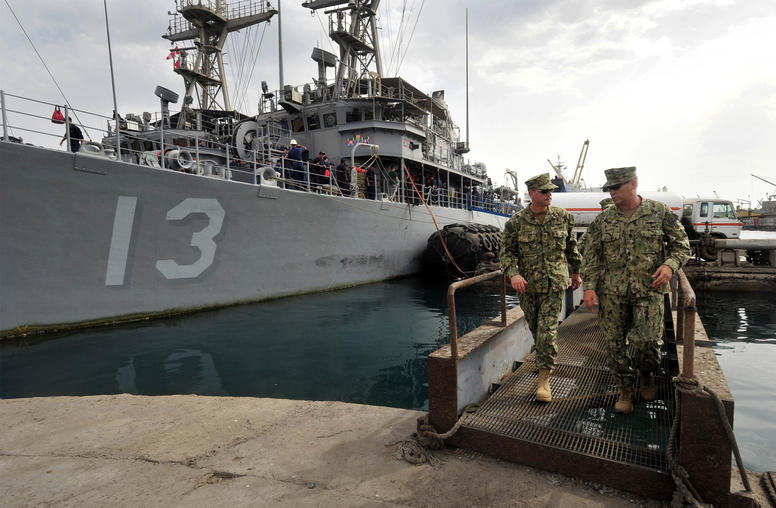
In Red Sea Region, Competing Outside Powers Complicate U.S. Interests
David Shinn, a former U.S. ambassador to Ethiopia and Burkina Faso, examines how great and regional power competition is impacting political and security dynamics in the Horn of Africa and complicating U.S. interests in the region.
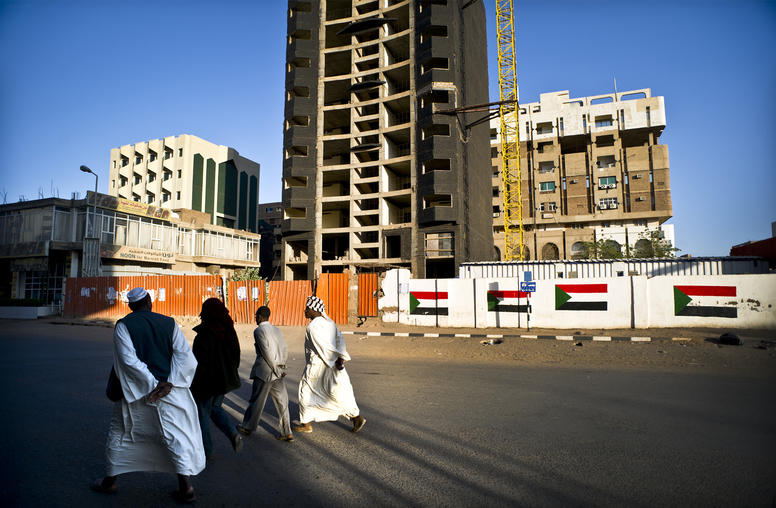
Reforming the U.S.-Sudan Relationship Requires a Regional Strategy
On November 7, the U.S. Department of State announced long-awaited plans outlining a path to better relations with Sudan, “designed to expand our bilateral cooperation, facilitate meaningful reforms to enhance stability in Sudan, and achieve further progress in a number of areas of longstanding concern.” USIP’s Aly Verjee and Payton Knopf discuss the initiative, and identify where broader U.S. regional objectives could cohere, including in the war in Yemen.
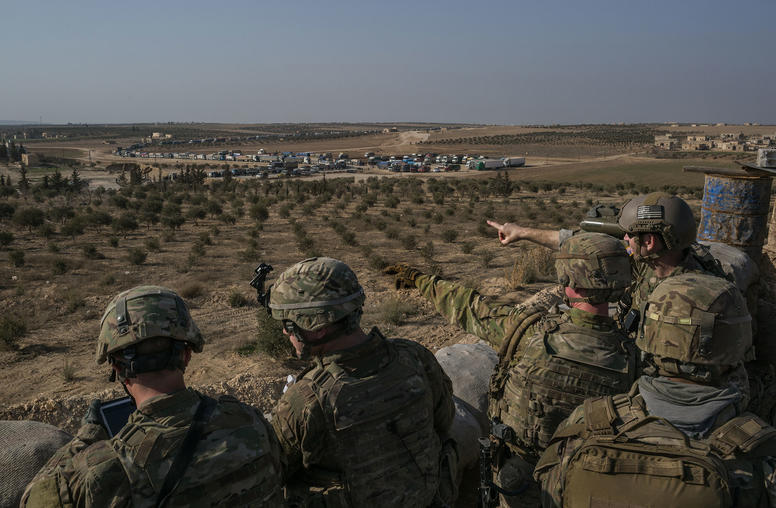
What Does the U.S. Troop Withdrawal Mean for Syria?
On Wednesday, the White House announced that it will “fully” and “rapidly” withdraw the U.S. military presence in Syria, where approximately 2,000 U.S. troops have been stationed in the northeastern, Kurdish-controlled part of the country, near its border with Turkey. USIP’s Mona Yacoubian examines the implications of the troop withdrawal and its broader impact on the Syria conflict.
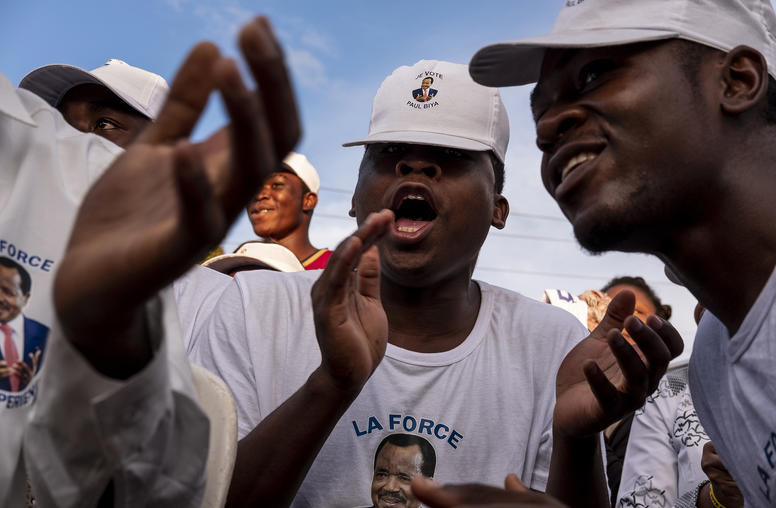
After Election, Cameroon’s Governance Crisis Continues
Eighty-five-year-old Paul Biya, president of Cameroon since 1982, was sworn in for his seventh term in office on November 6, after complaints arising from multiple allegations of electoral irregularities in polls held a month earlier were dismissed by Cameroon’s constitutional court. An intercommunal crisis in Cameroon has seen violence increase substantially since 2017, and the conduct of these elections—which saw a partial boycott—has added to grievances. In this analysis of the official election results, USIP’s Aly Verjee and Jude Mutah examine the data, and discuss the prospects for Cameroon after the election.

Elie Abouaoun on Iraq a Year After the Fall of ISIS
Live from Baghdad as Iraqis celebrate the one-year anniversary of the fall of ISIS, Elie Abouaoun says that there is a sense of relief in the country over the terrorist group’s defeat and that elections happened this year. To maintain this positive momentum, adds Abouaoun, Iraq’s infrastructure must be rebuilt, and measures should be taken to reinforce social cohesion at the local level.
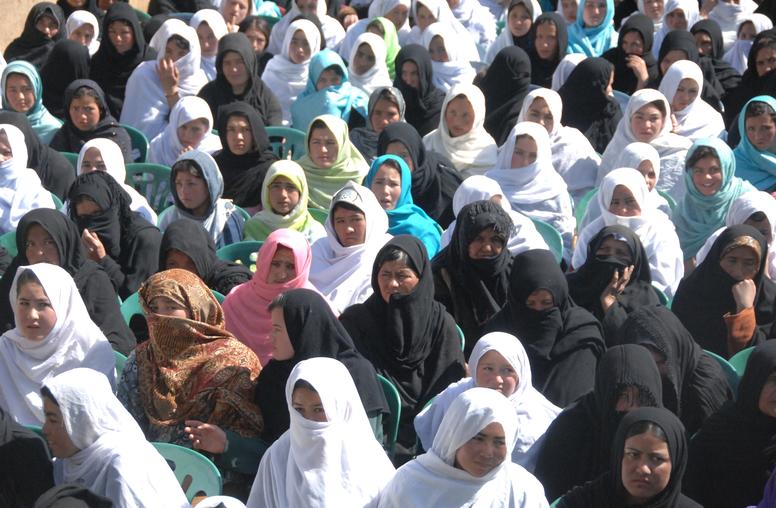
How can Afghans make peace AND protect women? Meet Ayesha Aziz.
After nearly 40 years of war, Afghanistan and the international community are urgently seeking paths for a peace process. But amid the tentative efforts—a three-day ceasefire in June, the peace march across the country by hundreds of Afghans and talks by U.S. envoy Zalmay Khalilzad—a somber question hangs for women and human rights advocates. How can Afghanistan make peace with the Taliban while protecting democracy and women’s rights?
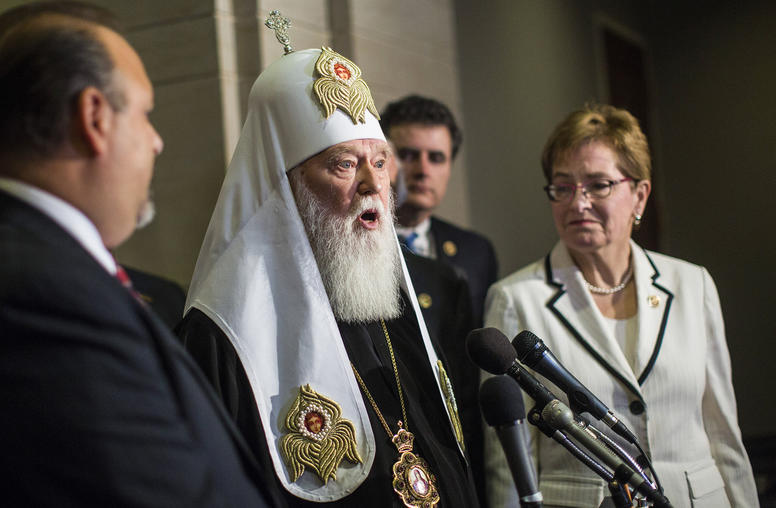
Russia’s War on Ukraine Roils the Orthodox Church
Russia failed to anticipate that its invasion of Ukraine in 2014 would cost it one of its most powerful levers of influence over its neighbor: the formal authority of the Russian Orthodox Church over its Ukrainian counterpart. But it has done so, and that unintended consequence could lead to others: a decline in Russian influence within the Eastern Orthodox world, a deeper division in the Orthodox community—and even perhaps the largest schism in Christianity since 1054. The international community has a key role in determining how this unfolds and must act to ensure the worst scenarios don’t come to pass.
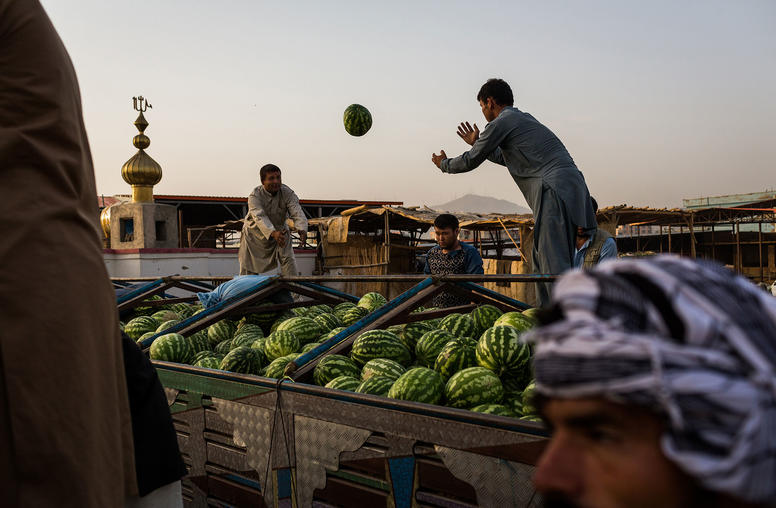
How to Secure Afghanistan’s Future
From a diplomatic and process standpoint, Geneva Conference on Afghanistan was generally seen as a success by participants (though some countries were not represented at the minister level), and the Afghan government showcased the progress it made in implementing reforms and national priority programs over the past two years. But what did the GCA accomplish substantively, what was left undone, and what questions were left unanswered?